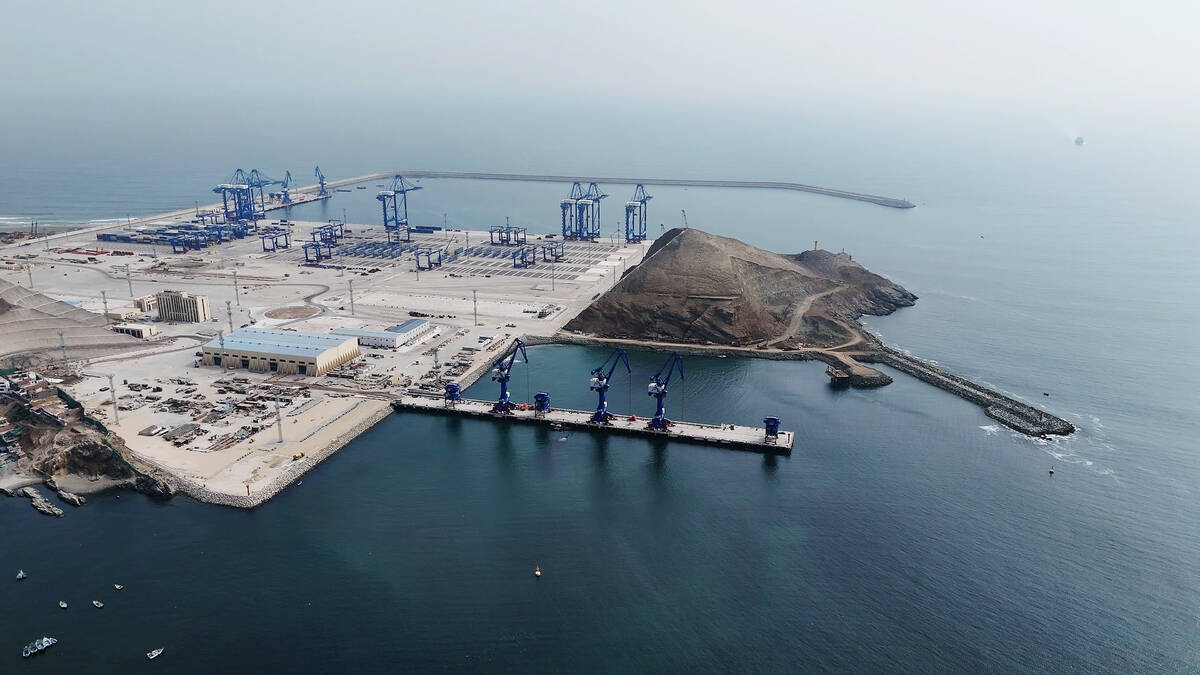Supply management leaders continually cast a suspicious eye toward World Trade Organization negotiations, demanding assurances that the federal government will not compromise their protective tariffs and wondering how strong the government resolve is to protect the system.
Ontario Liberal MP Paul Steckle, chair of the House of Commons agriculture committee, understands why industry leaders seem skeptical of repeated government assurances of support.
He remembers 1993, when the previous Progressive Conservative government and then the newly elected Liberal government assured dairy, poultry and egg producers that Canada was fighting hard to save Article 11 of the General Agreement on Tariffs and Trade that allowed volume quotas at the border.
Read Also

Geopolitics can change trade routes
WHISTLER, B.C. — Today’s geopolitical tensions could have dire long-term consequences, says the director of international policy at the University…
In fact, the government knew the fight was lost and the border quotas would be transformed into tariffs in the new GATT deal.
“We gave the impression we were protecting Article 11,” Steckle told trade bureaucrats during a committee meeting May 6.
“In fact, it was gone. Once bitten, twice shy. We don’t want to have another Article 11 on our hands.”
Government officials, including chief agriculture negotiator Steve Verheul and assistant deputy agriculture minister Mark Corey, assured MPs their mandate from the government is to protect supply management against demands from other governments that Canadian tariffs be slashed and Canadian dairy, poultry and egg markets opened to more imports.
Corey said any change in Canada’s position would be made in Ottawa by cabinet and not in Geneva by negotiators.
“To change the mandate, we’d have to get direction from ministers,” said Corey. “We are not authorized to deviate from it.”
Supply management leaders continue to hammer the government to strengthen the guarantee.
On April 30, industry leaders met in Ottawa and demanded that the federal government renounce a proposal from WTO agriculture negotiations chair Stuart Harbinson that overall tariffs be cut by 60 percent over five years, with each item subject to at least a 45 percent cut.
Canada has said the Harbinson proposal is unacceptable, but has not insisted that it be abandoned.
Supply management leaders say if the Harbinson proposal becomes the basis for future negotiation, its spirit might seep into future deals.














